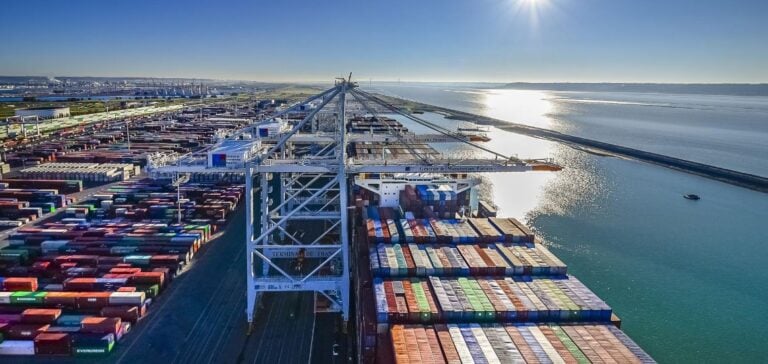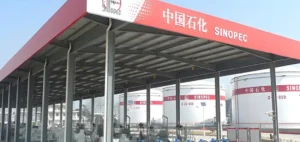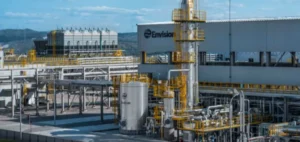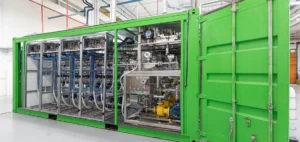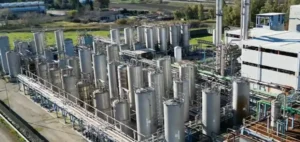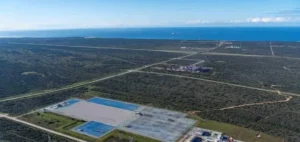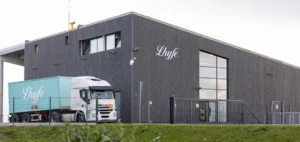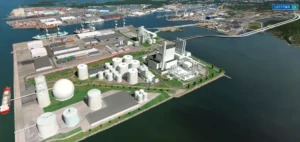Le Havre Port, one of the largest in France, is set to host three major industrial projects, with a total investment of €2.6 billion and the creation of 640 direct jobs. This initiative is part of the France 2030 government program, which aims to revitalize industrial port areas and attract investments in future industries. The Ministry of Economy and Finance announced Thursday that Livista Energy, Air Products, and Qair will respectively establish a lithium refinery, a renewable hydrogen import site, and a production and storage facility for methanol and hydrogen.
A project for each company
The Luxembourg-based group Livista Energy plans to build a lithium refinery, essential for the battery industry, particularly as the automotive sector transitions to electric vehicles. This site will require an investment of €1.2 billion and will create 300 direct jobs. Livista’s goal is to strengthen Europe’s lithium supply chain, reducing its dependency on external suppliers amid a global surge in demand for this strategic metal.
Meanwhile, the American company Air Products will invest approximately €1.1 billion in a site dedicated to importing hydrogen produced from renewable sources such as solar and wind. This project could generate an additional 270 jobs. Air Products has signed an agreement with TotalEnergies to supply 70,000 tons of renewable hydrogen per year for 15 years starting in 2030, partially replacing fossil-derived hydrogen in industry. This initiative aligns with a broader strategy to decarbonize industrial activities in Le Havre, where oil remains the top cargo in tonnage transiting through the port.
Qair: Production and storage of methanol
The French renewable energy company Qair will invest €500 million to build a site for the production and storage of methanol and hydrogen, primarily for the maritime transport sector. This project, which will create around 150 direct jobs, aims to promote alternative fuels for a maritime sector undergoing an energy transition. According to the Economy Ministry, these industrial projects represent thousands of direct and indirect jobs and will contribute to the development of green energy sectors that create value for French regions.
The France 2030 program and energy sovereignty
These investments are part of France 2030, an ambitious plan to boost the country’s industrial infrastructure. Le Havre Port, with state support, recently launched a call for bids to develop 60 hectares to accommodate these new facilities. A pre-development plan including infrastructure and administrative support is set to facilitate the companies’ setup. The energy sovereignty strategy, supported by the Prime Minister, seeks to reduce France’s energy dependency by diversifying sources and promoting clean energy.
The Minister of Economy, Antoine Armand, hailed this initiative as a sign of France’s attractiveness for foreign investments and the relevance of actions aimed at decarbonizing ports. These projects are proof that the revitalization of industrial port areas attracts significant investments, creating new jobs in green sectors. By reorienting local industry towards more sustainable solutions, Le Havre Port could become a pioneer in European decarbonization.

